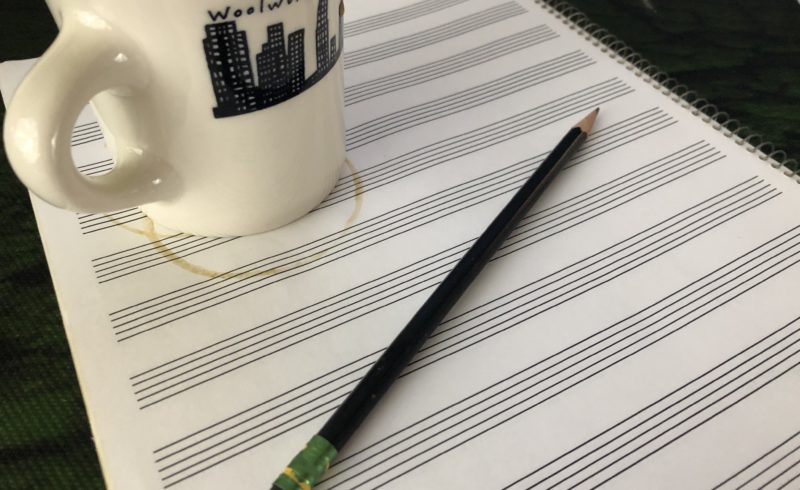
You might ask, “Didn’t Minaj win this case months ago?? “Fair use” or something?” And we covered that, but it was only half the story.
The interesting thing about the Tracy Chapman v Nicki Minaj case was never whether or not there was infringement. Chapman alone has the right to distribute a copy of “Baby Can I Hold You.” And Minaj’s 2020 work “Sorry,” which contains substantial portions of “Baby Can I Hold You” was broadcast by a New York City radio station and then found its way onto the internet after Chapman had denied Minaj a license for the use. And Minaj recently accepted a judgment that includes her paying Chapman $450,000 and avoiding a trial.
The interesing part is the juxtaposition of this judgment along with the prior summary judgment finding of fair use that went in Minaj’s favor. Chapman had sued Minaj for both releasing the track and also for having created the track in the first place, arguing that Minaj violated her exclusive right to “create derivative works.”
And (I am not a lawyer but…) the law says (subject to some exceptions) a copyright owner has the exclusive right to prepare and authorize others to prepare derivative works based on a copyrighted work.
But that’s how TONS of music gets created nowadays. Practically all of sampling and sample-based music creation is comprised of “derivative works based on a copyrighted work.” If you’ve ever imagined a hip hop artist flipping through stacks of old vinyl records looking for cool old recordings to appropriate in new works, did you also imagine that artist then contacting every one of those copyright holders to negotiate licenses ahead of going into the studio, sampling the bits into his Akai, and building beats? Of course not! Those beats are gonna get “derived” first and then (hopefully) cleared later. That’s the way it goes.
And indeed, the judge, agreeing with Minaj’s motion for summary judgment, denied Chapman’s, saying “A ruling uprooting these common practices (copying just for experimental and developmental purposes) would limit creativity and stifle innovation within the music industry. This is contrary to Copyright Law’s primary goal of promoting the arts for the public good.”
And that seems very reasonable, though it may have expanded “fair use” a little bit. Fair use allows for unlicensed uses such as criticism, scholarly and educational endeavors, and news reporting. And the four main criteria are:
It certainly appears to be that last one the judge applied. The purpose and character was intended to be commercial. The nature of the copyrighted work was a song very much under copyright. And the used portion’s substantiality was very very substantial. But if a tree falls in the forest and nobody releases a recording of the sound, then the potential market for falling tree sounds is unaffected. That makes sense.
Of course, the recording was released; it was performed on NYC radio by DJ Flex and can be found on the internet. This is what has been settled for $450,000.
By the way, this wasn’t the usual sort of settlement. Settlements are more often no fault admitted, amounts undisclosed, and confidentiality all around. This was an offer of judgment against Minaj along with $450k to Chapman, which Chapman accepted. And it was Minaj who offered it. Interesting. Check out, Aaron Moss’s blog for more info.
What I wonder is, what’s the appropriate level of protective diligence and care required of the would-be infringer to ensure that the unlicensed experiement never gets out? Minaj denied sending DJ Flex the track; she was going to send it and ask him to play it but had a change of heart, and neither she nor her people were the source of the file that he put on the air. And Flex later said he got it from a blogger or something like that. Even if all of that were true, Minaj would still be liable, right? Would it even matter that it wasn’t her intent? What if the files were stolen from her?
The trial might’ve gotten into some of those “what if’s.” Alas.